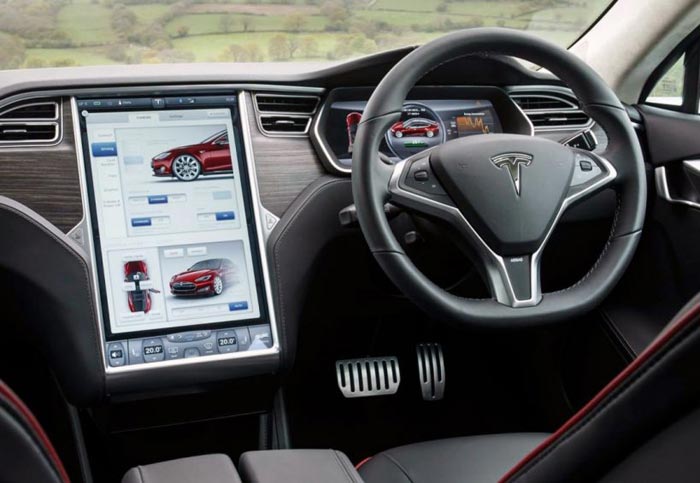Read The Full Article On: Thehill
Fellow boomers, trading our beloved gasoline guzzlers for electric vehicles (EVs) will feel like a big change. But an overheated planet is an existential threat to human civilization. It is time for us to step up.
Even General Motors (GM) hopes to convert all its new cars and sport utility vehicles (SUVs) to EVs by 2035. Many have misconstrued GM’s aspirational goal to be a firm commitment. It is a laudable vision, however, it is now up to baby boomers like me — who are most responsible for the climate crisis — to make sure that we don’t give automakers the easy excuse that “people won’t buy them.”
The last seven years were the hottest in recorded human history. Far faster than scientists predicted, we now experience more frequent and dangerous wildfires, hurricanes, floods and droughts. If the current 1.8 degree Fahrenheit increase in average global temperature triples or quadruples in the future, as predicted if current emissions trends continue, then recent disasters will be just the “melting tip of the iceberg.”
The simple reality is that unless we transform our energy system in the next two decades, our grandchildren (and their children and grandchildren) will never be able to enjoy the same planet that we have and will suffer incomprehensible public health and economic consequences.
The most critical action we boomers can take is to begin to ditch gasoline cars and SUVs and buy only EVs by 2035, so that the entire personal vehicle fleet is essentially turned over to electric by 2050.
Transportation is now the largest source of U.S. greenhouse gas pollution. The electric grid is rapidly moving from fossil fuels to renewable energy because solar and wind are cheaper than coal, natural gas and oil (and nuclear). The climate benefits of EVs are increasing every year, and by the 2030s an EV will be nearly zero emissions.
Institutional players know that future cars will be electric — automakers know it, oil companies know it, Wall Street knows it. Tesla, which makes only EVs, is worth more than the next nine largest automakers combined. But cars are bought by individual consumers, one at a time, and politicians are reluctant to restrict their choices.
Boomers have the moral obligation to lead the charge to EVs. The climate crisis exploded on our watch, with over half of cumulative global greenhouse gas emissions occurring since the 1980s when the scientific consensus regarding the climate crisis began to emerge. We created the mess with our giant SUVs and large homes and we treated the atmosphere as a garbage dump.
Boomers are well-positioned to lead the charge to EVs. Along with the smaller Generation X, we buy nearly two-thirds of all new cars. Most new car buyers are high-income and can likely pay a little more if necessary, though EVs are expected to cost the same or less than gasoline vehicles later this decade.
Over 90 percent of new car buyers own a home, allowing for convenient, overnight EV charging and avoiding gasoline service stations. Until we have robust public charging infrastructure, early adoption of EVs is particularly straightforward for multi-vehicle households that also have a gasoline vehicle for long vacation trips.
Baby boomers hold the keys to a fast EV transition. Millennials and Generation Z will be much easier converts as they viscerally dread the climate crisis and are more emotionally attached to their cell phones than their cars.
Boomers face a choice — we can abdicate our responsibility and delay the transition to EVs, or we can do the right thing and help protect the planet for future generations.
Jeff Alson was a senior engineer and policy advisor in EPA’s Office of Transportation and Air Quality from 1978 to 2018 and one of the architects of the Obama Clean Car Standards.

